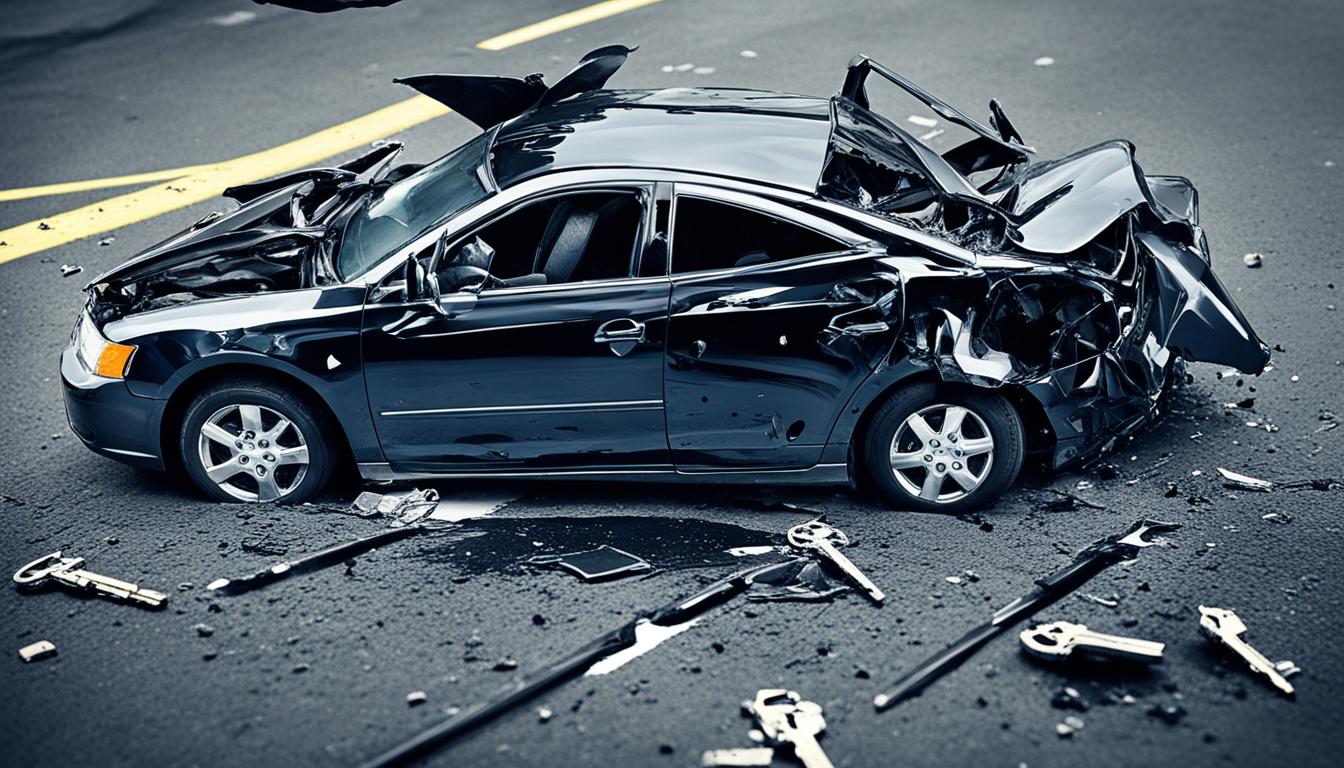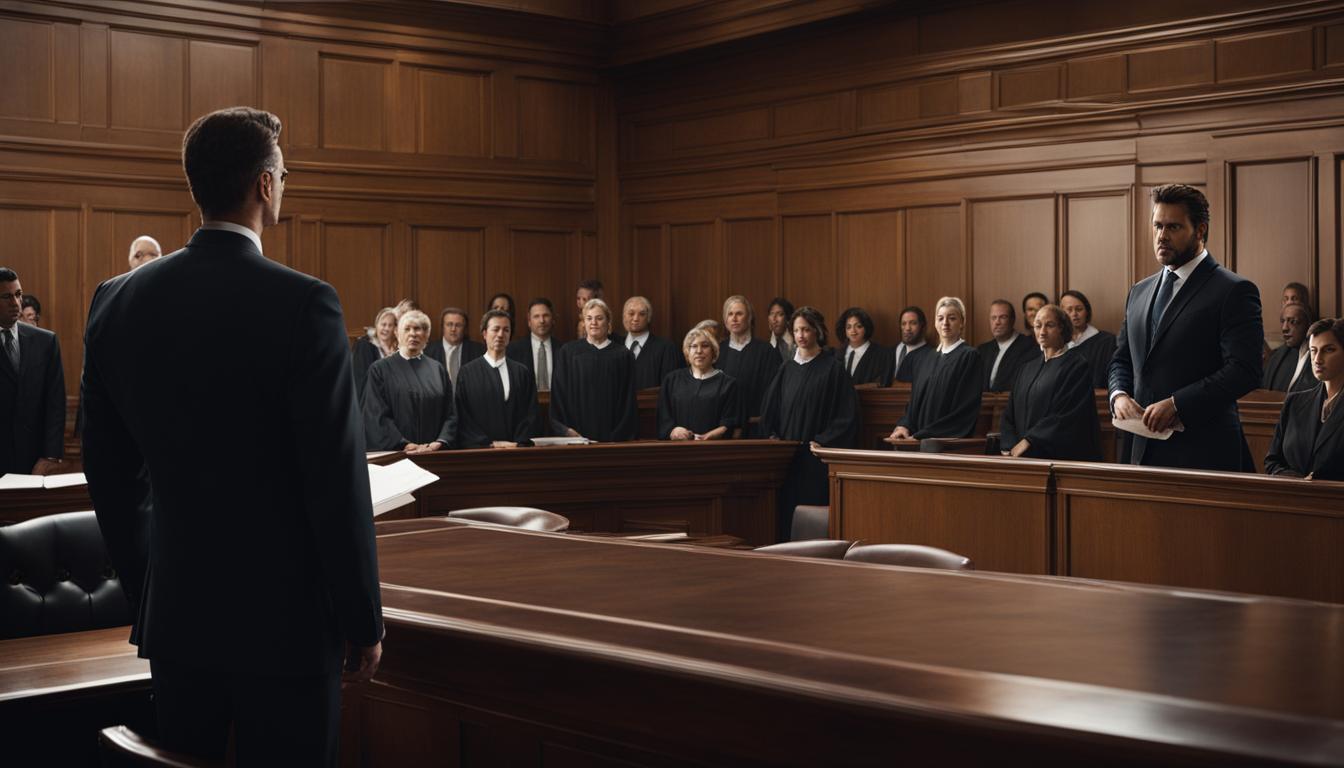Understanding Personal Injury Law in Scarborough: Legal Rights and Remedies
Introduction
Personal injury law plays a vital role in upholding individual rights and ensuring accountability when accidents occur. Whether you’ve suffered a slip and fall, been in a car accident, or experienced medical negligence, understanding your legal options can make a significant difference in your recovery journey. Access to knowledgeable Scarborough personal injury lawyers is crucial when navigating the complexities of the legal system.
Personal injury cases are not just about financial compensation — they are about restoring dignity, accessing necessary care, and ensuring justice. This article will explore key aspects of personal injury law in Scarborough, typical claim types, timelines, evidence requirements, and the support structures available to victims.
What Is Personal Injury Law?
Personal injury law encompasses legal disputes that arise when a person suffers harm due to the negligence or intentional actions of another. The Canadian legal framework allows injured parties to seek compensation for their physical, emotional, and financial losses.
Common elements of a personal injury claim include:
- Duty of care owed by the defendant
- Breach of that duty
- Causation linking the breach to the injury
- Damages suffered as a result
These principles apply to a wide range of real-life scenarios, from car accidents to dog bites to workplace injuries.
Types of Personal Injury Claims in Scarborough
Scarborough, with its mix of residential, commercial, and industrial spaces, sees a variety of personal injury cases. Some of the most common include:
1. Motor Vehicle Accidents
Includes:
- Car crashes
- Pedestrian injuries
- Cycling accidents
- Public transit incidents
2. Slip and Fall Injuries
Often occur due to:
- Wet floors
- Icy sidewalks
- Poor lighting in public or private spaces
3. Medical Malpractice
Cases where healthcare professionals cause injury through negligence, such as:
- Misdiagnosis
- Surgical errors
- Improper treatment
4. Workplace Accidents
While typically covered under WSIB, some cases fall outside the board’s jurisdiction and require litigation.
5. Product Liability
Injuries caused by defective or dangerous consumer products can lead to claims against manufacturers, retailers, or distributors.
Key Legal Concepts and Timelines
Understanding your rights under Ontario law is essential when pursuing a personal injury claim.
Limitation Period
In Ontario, personal injury claims must typically be filed within two years of the date the injury occurred or was discovered.
Contributory Negligence
If you are partially at fault for the accident, your compensation may be reduced proportionally. This principle does not bar you from seeking damages but does affect the final settlement.
Standard of Proof
Personal injury cases are assessed on the “balance of probabilities,” meaning it is more likely than not that the defendant’s actions caused the injury.
Compensation Categories
Compensation (or “damages”) in personal injury claims typically falls into two categories:
1. Special Damages (Economic Losses)
- Medical expenses
- Lost income
- Rehabilitation costs
- Out-of-pocket expenses
2. General Damages (Non-Economic Losses)
- Pain and suffering
- Loss of enjoyment of life
- Emotional distress
Some cases may also include punitive damages, though these are rare in Canada and awarded only in instances of egregious misconduct.
Role of Insurance Companies
Insurance providers play a central role in most personal injury cases. Whether you are filing a claim against a driver’s auto insurance, a property owner’s liability coverage, or a health institution’s malpractice insurer, the process is rarely straightforward.
Insurers often attempt to:
- Minimize payouts
- Challenge medical evidence
- Delay resolution
This makes legal representation critical to ensure your claim is handled fairly.
Evidence Gathering and Documentation
The success of a personal injury claim heavily relies on the quality of evidence provided. Essential forms of documentation include:
- Medical reports
- Police or incident reports
- Photographs of injuries and the accident scene
- Witness statements
- Expert opinions (e.g., from doctors or accident reconstructionists)
Prompt documentation strengthens the credibility of your claim and can accelerate the legal process.
Psychological and Emotional Impact
Injuries don’t just affect the body — they also leave lasting psychological scars. Conditions like PTSD, anxiety, or depression are common in victims of serious accidents and must be treated with the same importance as physical injuries.
Including psychological evaluations in your claim ensures these damages are acknowledged and compensated.
The Role of Personal Injury Lawyers
Navigating the legal system alone can be overwhelming. Scarborough personal injury lawyers offer crucial services, including:
- Case evaluation
- Communication with insurers
- Evidence gathering
- Negotiating settlements
- Representing clients in court if necessary
Many operate on a contingency fee basis, meaning clients pay only if compensation is awarded.
Legal Support for Seniors and Veterans
Seniors and veterans may face unique challenges in accessing compensation due to:
- Pre-existing conditions
- Complex health histories
- Fixed incomes
Specialized legal counsel can help navigate these complexities and ensure fair treatment under the law.
Conclusion
Personal injury law is about more than filing a lawsuit — it’s about reclaiming one’s life after an unexpected setback. For Scarborough residents, understanding your rights and options can make a meaningful difference in how you recover physically, emotionally, and financially.
With experienced legal guidance, individuals can pursue justice confidently and secure the support they need to move forward.
- The Role of Police in Community Safety & Unity - October 6, 2025
- Quebec Police Officer Salary Insights 2023 - July 13, 2025
- Canada Arrest Protocol: What Police Say Upon Arrest - June 12, 2025




















Post Comment